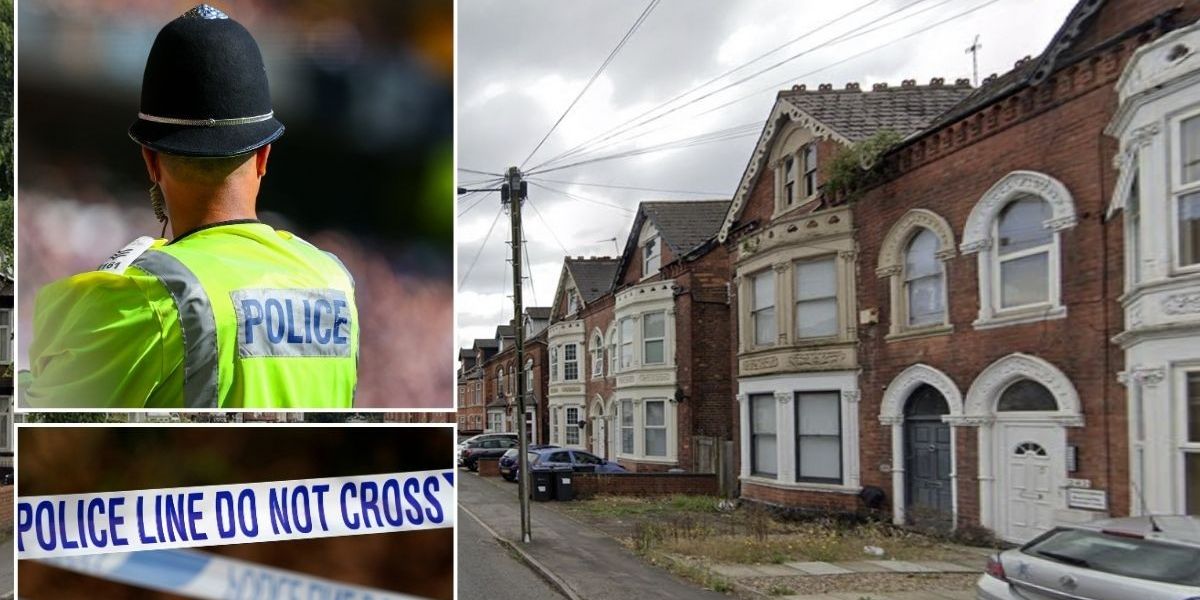Sir Iain Duncan Smith MP, the chair of a committee of MPs working on sanctions against Russia, told the the Crisp case isn’t a “one-off”.
“In terms of prosecution and seriously pursuing people over sanctions, the UK is very poor indeed,” said Sir Iain. “If we don’t prosecute, who the hell is deterred from breaching sanctions?
He said other countries including the US, were “light years” ahead of the UK in terms of prosecuting violators.
“There needs to be arrest, prosecution and incarceration. And if we don’t do that, then there’s no such thing as sanctions.”
The former Conservative Party leader said that HMRC often reached settlements, instead of issuing large fines or criminal convictions.
“The authorities may say the sanctions breaches are too small to prosecute, but the answer is you prosecute the small ones, because the big ones need to know that you’re coming after them as well,” he added.
The UK government had hoped sanctions would be a deterrent, without the need for robust enforcement, according to Tim Ash from the foreign affairs think tank Chatham House.
“The reality is, the allure of doing business with Russia, the huge profits to be made, are too much for some people,” explained Mr Ash.
“They’re more interested in their bottom line, as opposed to the bottomless pit of Ukrainians dying.”
He said cases like Mr Crisp’s sent a clear message that there would be no consequences for continuing business with Russia.
“We are almost three years into the [full-scale] invasion, and the fact that we haven’t got our sanctions regime together is pretty extraordinary.”








